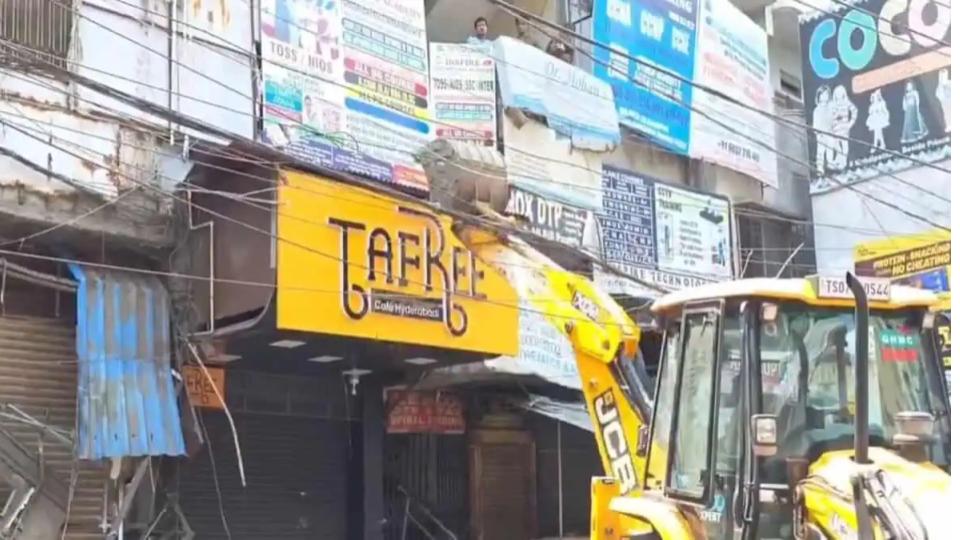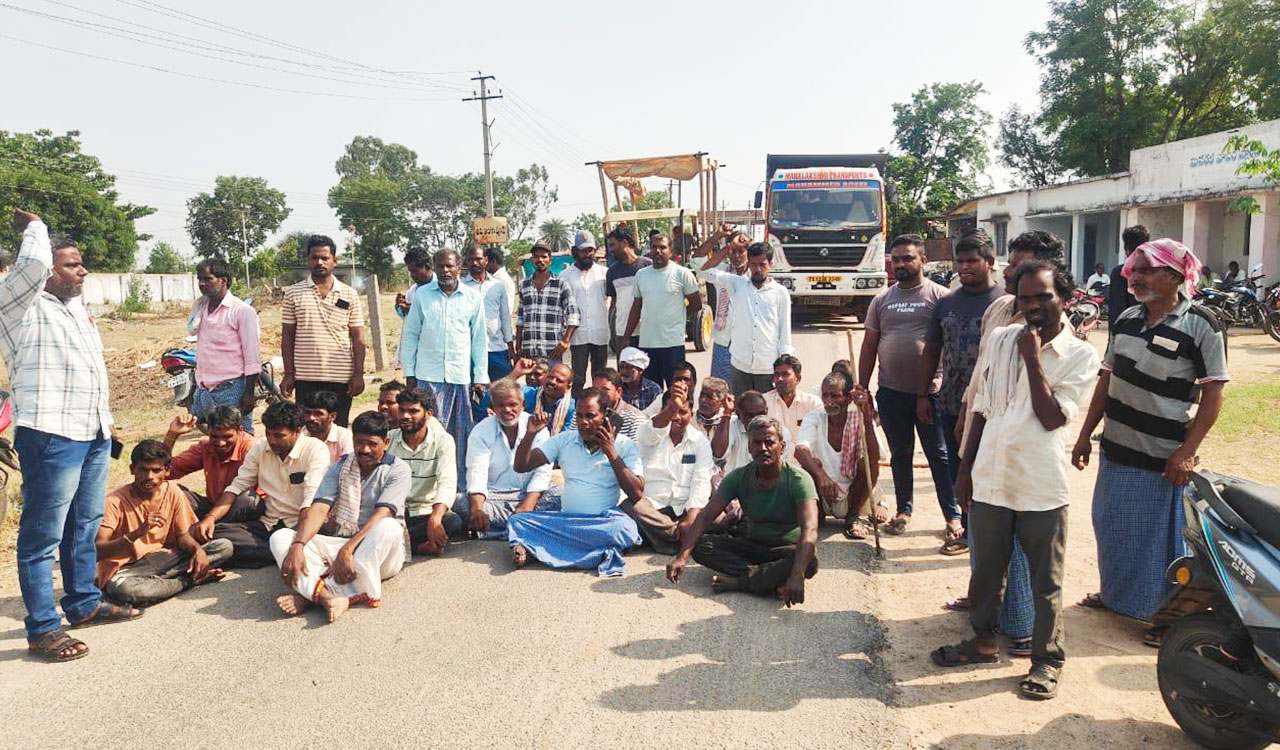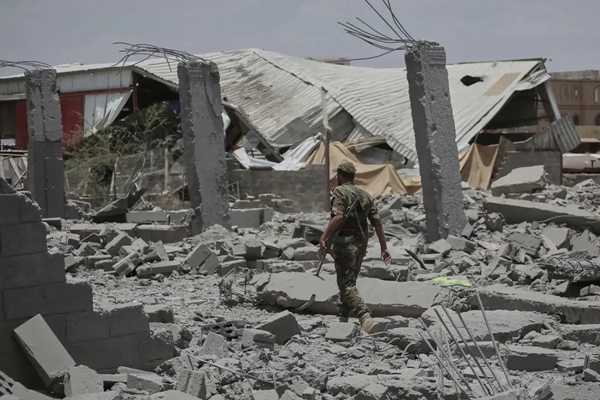Bengaluru Molestation Exposes Its Home Minister
Tue 03 Jan 2017, 18:29:40
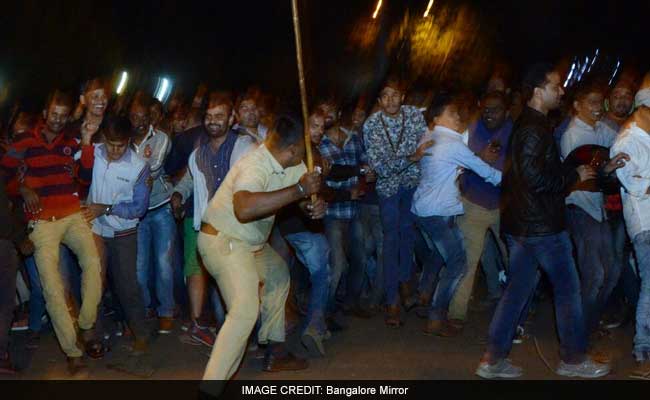
There were reportedly 1,500 policemen posted on MG Road, Brigade Road and other public spaces on New Year's Eve in Bengaluru when the horror of mass molestations occurred. The photographs of traumatised young women provide a glimpse of the terror they experienced when they were made targets of sexual harassment, molestation, sexist abuse by drunk men. The police utterly failed to protect the women and moreover failed to arrest even a single one of the several groups of men responsible. Two days later, there are still no cases filed. It is said that police are studying CCTV camera footage to identify and arrest the hooligans. But it is a long shot.
The men, who hunted in packs, yet were not necessarily linked or even known to each other, must be sitting around somewhere bragging about what they did that night, safe and secure in the knowledge that once again, they got away with it. The police and government must be held accountable. This is criminal negligence of duty by the Karnataka government and those responsible for this must be punished. In particular, the statement of Karnataka Home Minister G Parameshwara in a television interview that "such things happen" and the reason is the "western" ways of youth and the way that "women dress" is utterly abhorrent. He has no right to continue in office.
The men, who hunted in packs, yet were not necessarily linked or even known to each other, must be sitting around somewhere bragging about what they did that night, safe and secure in the knowledge that once again, they got away with it. The police and government must be held accountable. This is criminal negligence of duty by the Karnataka government and those responsible for this must be punished. In particular, the statement of Karnataka Home Minister G Parameshwara in a television interview that "such things happen" and the reason is the "western" ways of youth and the way that "women dress" is utterly abhorrent. He has no right to continue in office.
Karnataka is also the state where lawmakers have been caught on camera more than once watching porno on their phones while attending the state assembly. This is also the state where right-wing vigilante groups like the Ram Sene have raided bars and beaten up young women, earning praise for their actions from political leaders. This is also the state where the notorious slogan of love jihad resulted in violence against women choosing partners for themselves with inter-community relationships in Mangalore.
The proud tradition of great social reformers of Karnataka like Basavanna who fought against caste and against gender inequality is in stark contrast to the degeneration of standards of public life which particularly impact women's security and safety. When leaders behave in a manner utterly contemptuous of and demeaning to women, the social example set is mimicked by their followers. But Bengaluru is not the only city where such incidents have occurred. Earlier there were somewhat similar incidents, though not of the same scale, in Mumbai and Delhi and other cities.
The backlash against women's assertion of autonomy has been savage and severe in India. From schools and colleges, to workplaces and public spaces of enjoyment and fun, the increasing presence of girls and young women in non-traditional roles outside the four walls of the patriarchal home challenges the asymmetric power relations between men and women. The women present on MG Road suffered the backlash of misogyny backed by sexual violence.
Every time such a dreadful incident occurs, women take a step backward, their confidence sapped. Sometimes women are forced to give up that public space. This year, according to reports, the celebrations across cities were muted. Demonetisation was a decisive factor, but it is also true that in Delhi for example, young women were wary of venturing out into
public places, precisely because of their fear and apprehension of incidents such as that which occurred in Bengaluru. Campaigns by women's groups with slogans like "reclaim the night" urging women to establish their rights night and day over public spaces in the cities they live in are important messages, but entirely lost on those responsible for building the infrastructure to ensure a safe and secure environment for girls and women.
public places, precisely because of their fear and apprehension of incidents such as that which occurred in Bengaluru. Campaigns by women's groups with slogans like "reclaim the night" urging women to establish their rights night and day over public spaces in the cities they live in are important messages, but entirely lost on those responsible for building the infrastructure to ensure a safe and secure environment for girls and women.
As a World Health Organization primer against sexual violence put it, "cultural and social norms are highly influential in shaping individual behavior." In India, socially conservative and fundamentalist forces, now with political patronage, seek to stem the tide of change and promote cultures which blame and shame women for the crimes committed against them, thus creating an environment of social sanction for certain acts considered "punishment" meted out to "wayward women." It is the Sita syndrome: cross the Lakshman Rekha and you become a legitimate target of male violence and ultimately get punished for it. Already the echoes of December 2012 can be heard in Bengaluru. In that year, Nirbhaya, the 23-year-old intern, victim of the most barbaric violence in Delhi, was blamed by some for being out at night with a male friend. How many times have young women victims been asked "But what were you doing there?" followed by a version of "you were asking for it." In retrograde attitudes towards women, most political parties, like the Home Minister who belongs to a Congress-led government speak, in the same voice. It was Mohan Bhagwat of the RSS who blamed the adoption of "Western cultures" for increasing crime against women; now, we have a Congress minister echoing his words.
But along with the aspect of government and police accountability, every adult citizen who was there that night and who did nothing to help the women being targeted have failed basic responsibility and humanity. In case after case, it is the indifference of society, of those present, which provides the ultimate strength to the perpetrators of violence against women. For women activists working to alter the power relations and to make India a safer place for women, the biggest hurdle is that of the active refusal of most people to get involved to prevent the violence which is occurring before their eyes. It may be a case of a student being harassed in a bus, or a working woman in her factory, or a young couple holding hands being harassed in a cinema hall: silence in the face of an obvious case of harassment provides the social environment for sexual harassers to flourish. There is no certainty of punishment for the criminal; instead, there is the certainty of impunity; there is no certainty of social and family disapproval, but on the contrary, the wearing of the mantle of masculinity by virtue of being a sexual predator, an occupation which it would seem draws many admirers. The utter hypocrisy of our society and prevalent cultures is reflected in the silence, and thereby the acquiescence, to the deteriorating situation of security and safety for women.
But along with the aspect of government and police accountability, every adult citizen who was there that night and who did nothing to help the women being targeted have failed basic responsibility and humanity. In case after case, it is the indifference of society, of those present, which provides the ultimate strength to the perpetrators of violence against women. For women activists working to alter the power relations and to make India a safer place for women, the biggest hurdle is that of the active refusal of most people to get involved to prevent the violence which is occurring before their eyes. It may be a case of a student being harassed in a bus, or a working woman in her factory, or a young couple holding hands being harassed in a cinema hall: silence in the face of an obvious case of harassment provides the social environment for sexual harassers to flourish. There is no certainty of punishment for the criminal; instead, there is the certainty of impunity; there is no certainty of social and family disapproval, but on the contrary, the wearing of the mantle of masculinity by virtue of being a sexual predator, an occupation which it would seem draws many admirers. The utter hypocrisy of our society and prevalent cultures is reflected in the silence, and thereby the acquiescence, to the deteriorating situation of security and safety for women.
The answer is not to remain a silent spectator, but to stand up and be counted in the protection of women's right to live a safe life of dignity and peace.
No Comments For This Post, Be first to write a Comment.
Most viewed from National
Most viewed from World
AIMIM News
Latest Urdu News
Most Viewed
May 26, 2020
Which Cricket team will win the IPL 2025 trophy?
Latest Videos View All
Like Us
Home
About Us
Advertise With Us
All Polls
Epaper Archives
Privacy Policy
Contact Us
Download Etemaad App
© 2025 Etemaad Daily News, All Rights Reserved.

.jpg)
.jpg)


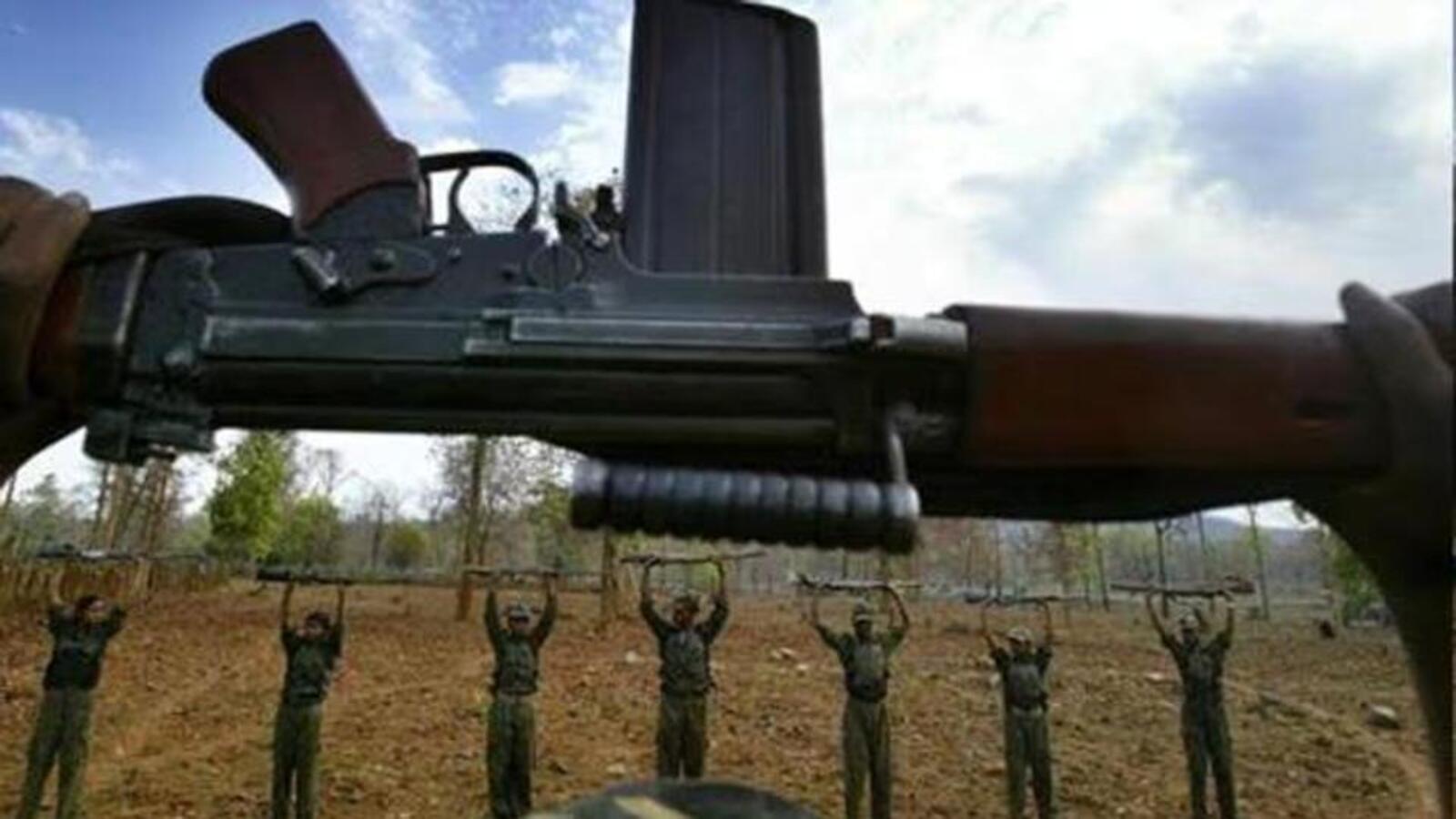

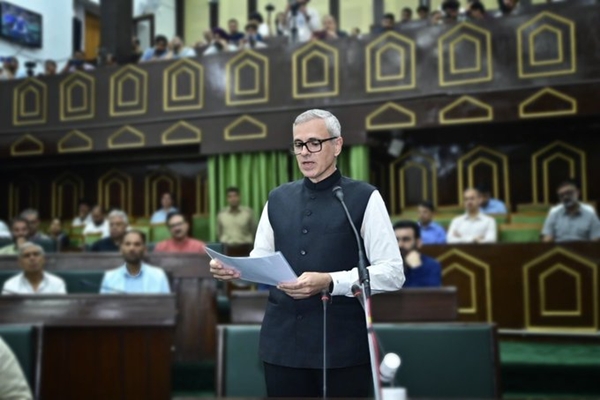
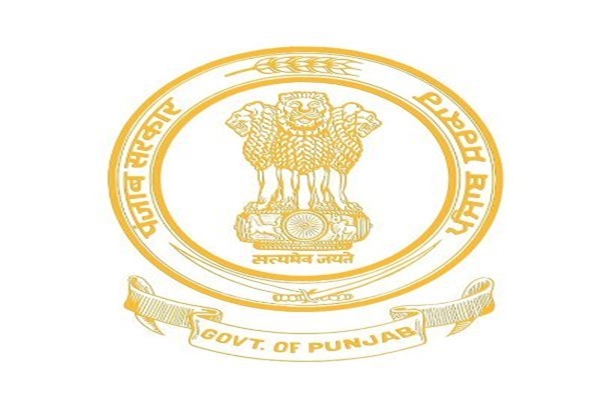


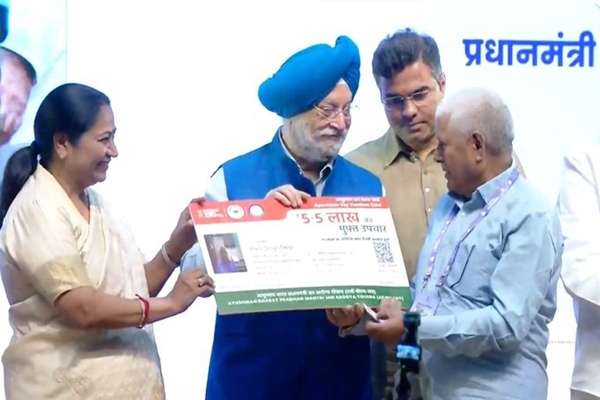
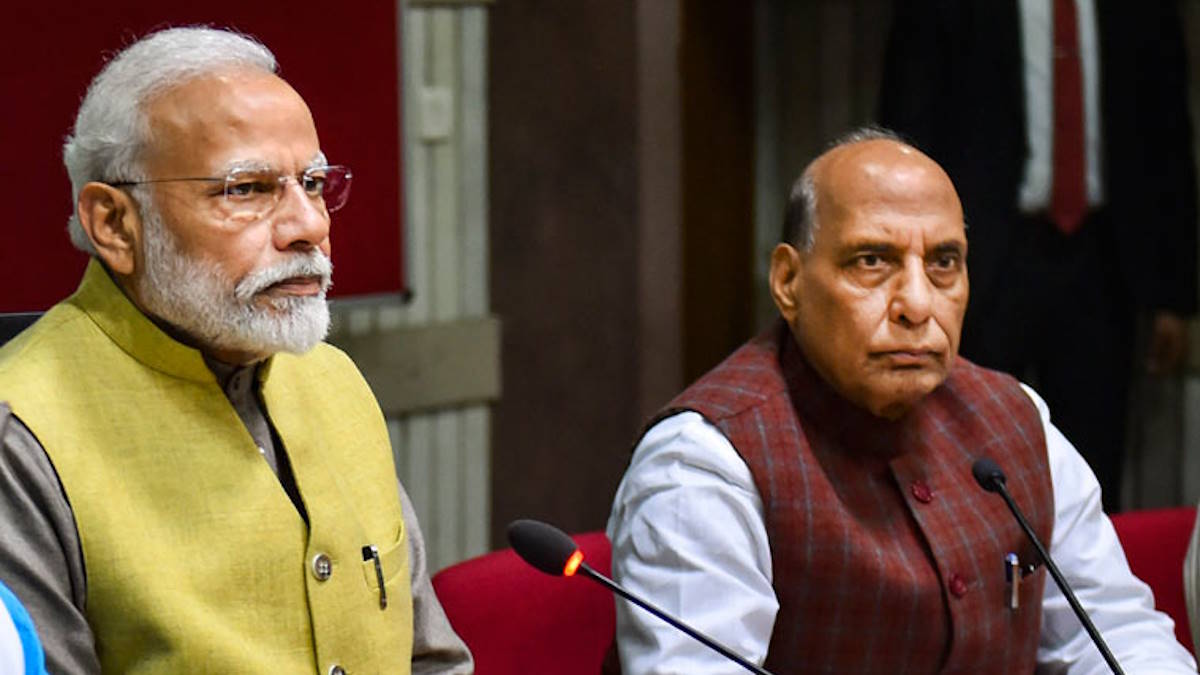
.jpg)
.jpg)
.jpg)
.jpg)
.jpg)
